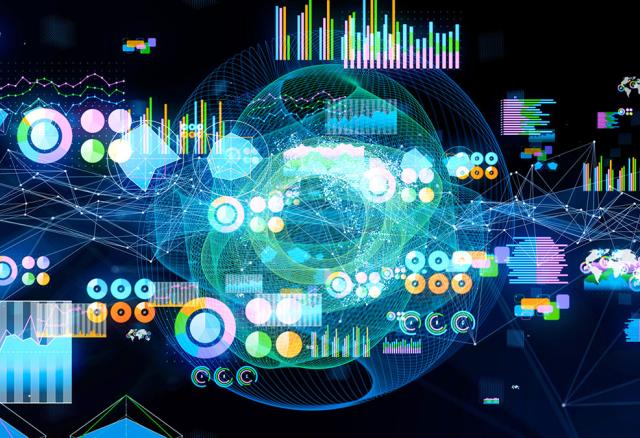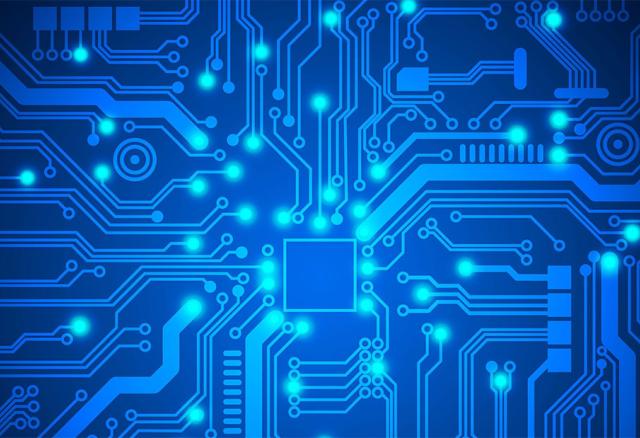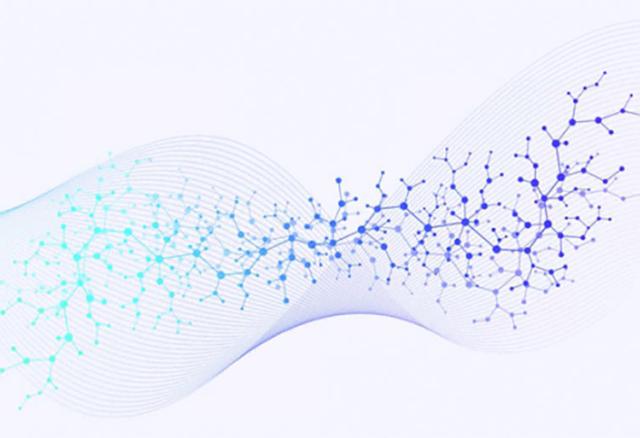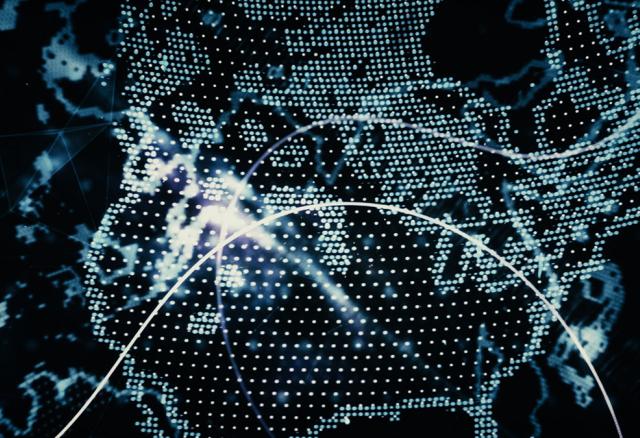Statistical Principles of Time Reversal
Time reversal is a physical principle well known for its deterministic focusing effect. Recently discovered statistical effects show that the time reversal focusing spot is not a point but has a Bessel power distribution. This finding offers accurate and reliable speed estimation indoors, where multipaths are abundant, with mostly nonline-of-sight (NLOS) conditions, and enable various indoor applications, such as wireless sensing and tracking. No known techniques can thrive in such scenarios. In essence, time reversal is an effective tool that embraces multipaths as virtual sensors with hundreds of thousands of degrees of freedom for our utilization.







